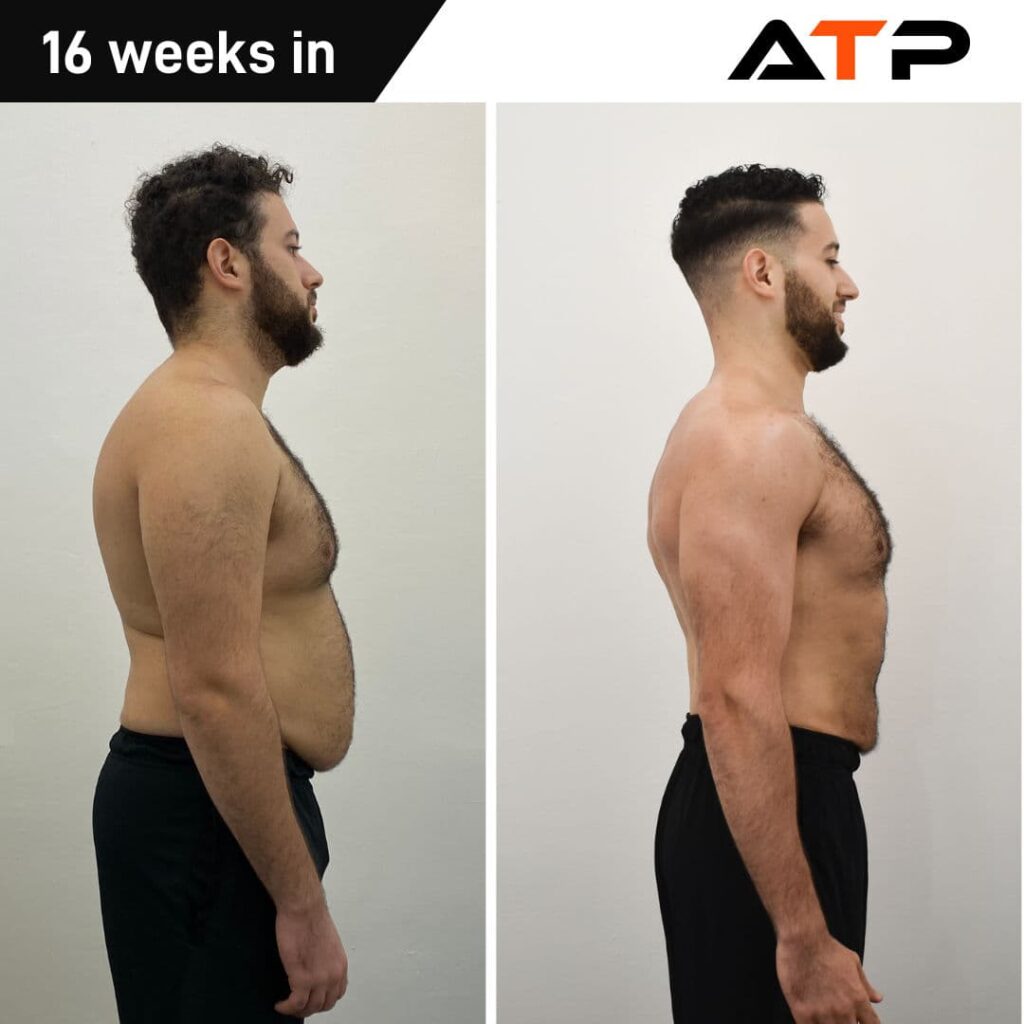What is Metabolic Fitness and Why Is It Important?
We used to just call it health & fitness but with the ever rising levels of obesity globally there is now a whole classification of medicine called metabolic health. This includes a wide spectrum of chronic diseases from mild insulin resistance all the way to pre-diabetes and type-2 diabetes, high blood pressure, most types of cardiovascular disease, and even issues such as sleep apnea and asthma. These also happen to be the diseases that are the most common deadly co-morbidities for COVID patients.
The world needed this now common classification because unlike many other catastrophic diseases, almost all of what we call metabolic diseases are those that can be prevented by eating better and exercising – or in other words choosing to make an effort to be healthy. The classification is relatively new because these diseases simply weren’t that common 40-50 years ago, especially those related to type-2 diabetes. But there is good news. You don’t have to get disheartened and think that your only choices are a steady decline into ill-health and an early death or living the life of a fitness-crazed monk. In fact, small changes applied consistently, can make a big difference to your health and can very quickly take you out of ‘at-risk’ categories. The first 10 lbs of body weight you lose will have the greatest impact on your health.
“METABOLIC HEALTH ISN’T JUST ABOUT LOSING WEIGHT, IT’S ABOUT MAKING SURE THAT YOU HAVE ENOUGH MUSCLE MASS TO REGULATE YOUR BLOOD SUGAR. YOU CAN BE SKINNY AND UNHEALTHY JUST AS EASILY AS FAT AND UNHEALTHY.”
THIS IS WHAT A FEW MONTHS OF METABOLIC HEALTH IMPROVEMENT LOOKS LIKE!

5 Tips To Improve Your Metabolic Health
1. Manage your fuel intake
What does your body actually require to run effectively? Gaining an understanding of how much food you should be eating in order to fuel your body is a fundamental skill to acquire in any lifestyle plan seeking to improve health markers.
This can be especially hard for former athletes turned sedentary executives and occasional weekend warriors, but even just getting older can mean you need less fuel. However, matching your energy intake to your activity level is vital for long term metabolic health. This means that you will need to learn how to ratchet down during periods of time when you are less physically active and also increase intake if you undergo periods of intense activity.
Doing this will also mean that sometimes we need to increase our activity level to match our fuel intake! Most of us tend to overestimate our physical activity and underestimate our food consumption. We remember ourselves being more active than we actually are. Most clients coming into our gyms benefit tremendously from adopting a simple scaled back approach to nutrition that allows them to make weight loss progress whilst establishing what their individual fuel requirements are.
It is also important to mention that any time you lower the amount of fuel coming into the body you run the risk of depriving your body of essential nutrients. Therefore as well as understanding how to manipulate your total calorie intake it is also vital to consider the nutrient density of the foods you consume.
2. Lose Weight
If you are currently overweight then the most significant step you can take is to lose bodyfat. Fat loss and better health markers are strongly associated right up to the point where you look like an olympic athlete. Being lean is healthy!
3. Plan meals (even if it’s still take out food)
- Add some structure to your eating. You don’t need to change a lot to have a large impact, the most important thing is to have a plan and measure the progress that you make allowing you to make relevant adjustments.
- Most of us eat similar foods on a regular basis, make sure that the foods you habitually consume are supportive of your goals. Come up with some simple and easy to prepare options that you enjoy eating, the more you prepare these dishes the better you will become, the more efficient at preparing and the tastier they will be.
- Find restaurants and cafes near to you that have healthier options. You needn’t set the bar for healthy too high, just make sure there is a decent serving of protein and that the calorie content for the meal isn’t too high (watch for too much butter and oil in your ‘healthy breakfast’!).
- Have a few easy to assemble meals in the fridge at all times that you can put together in under 5 minutes.
4. Move regularly
Everybody should learn how to exercise effectively. Using resistance training safely and effectively is one of the best anti-aging strategies you can adopt and will underpin decades of metabolic health. Adding muscle mass has a small metabolic impact at rest and a tremendous metabolic impact when you use that muscle regularly by exercising with intent and purpose.
Regular exercise is strongly recommended, however ultimately 3 hours per week of training at the gym alone, whilst a great start for most people, will not completely offset the practice of sitting down at a desk for 8-12 hours every day.
We encourage our clients to schedule activity breaks through the day- every hour you can stand up from your desk and perform 60 seconds of exercise. This exercise doesn’t have to be particularly strenuous in order to be effective. It doesn’t have to be high intensity. However the cumulative impact over weeks and months will be tremendous.
Daily walking is one of the best habits you can introduce. You don’t require any equipment and it’s good for both physical and mental health.The daily dose of walking doesn’t matter all that much, but generally more is better.
All of the strategies presented below have positive impacts on metabolism, reducing the insulin requirements of the body after eating.
- A Long Daily Walk – anything above an hour qualifies here
- Short Walks at mealtimes – both before and after are beneficial.
- Micro Doses of Walking through the day (every 30-60 minutes of sitting)- you can also switch this for 30-60 seconds of body weight exercise such as squats, push ups,etc.
5. Focus on Sleep
Sleep is foundational for metabolic health. Most of us push through on less sleep than we should which can have negative consequences in the short and long term. One night of bad sleep can impact hunger levels and reduce our ability to manage cravings. Sustained sleep deprivation can wreak havoc with blood sugar management and can significantly impact mental performance.
Simple steps to manage sleep:
- Create a totally dark sleep environment
- Set clear boundaries around electronic use before bed, avoid working right up until bedtime and keep electronics out of the bedroom.
- Maintain a cool night time environment
- Limit your caffeine exposure to the first half of the day- remember that most people need 8-12 hours to clear caffeine out of your system so if you habitually consume coffee or energy drinks in the afternoon you’ll still have significant amounts of caffeine in your system through the night which reduces your time in deep sleep.
If you start to implement these 5 tips you will notice a change in your energy levels, mood and overall health within a matter of weeks. If you want further help from our expert coaches get in touch using the form below and we will work out the best ways to implement changes in your lifestyle.
IF YOUR PANTS GET LOOSE AND YOU KEEP YOUR MUSCLE YOU WILL BE METABOLICALLY HEALTHIER

If you start to implement these 5 tips as new habits you will notice a change in your energy levels, mood and overall health within a matter of weeks. If you want further help from our expert coaches get in touch using the form below and we will work out the best ways to implement changes in your lifestyle.
HONG KONG
- Telephone: +852 2866 8808
- Email: [email protected]
-
2nd Floor, Li Dong Building,
9 Li Yuen Street East,
Central, Hong Kong
SINGAPORE
- Telephone: +65 81891789
- Email: [email protected]
-
#01-01, 105 Cecil Street
069534
Singapore

